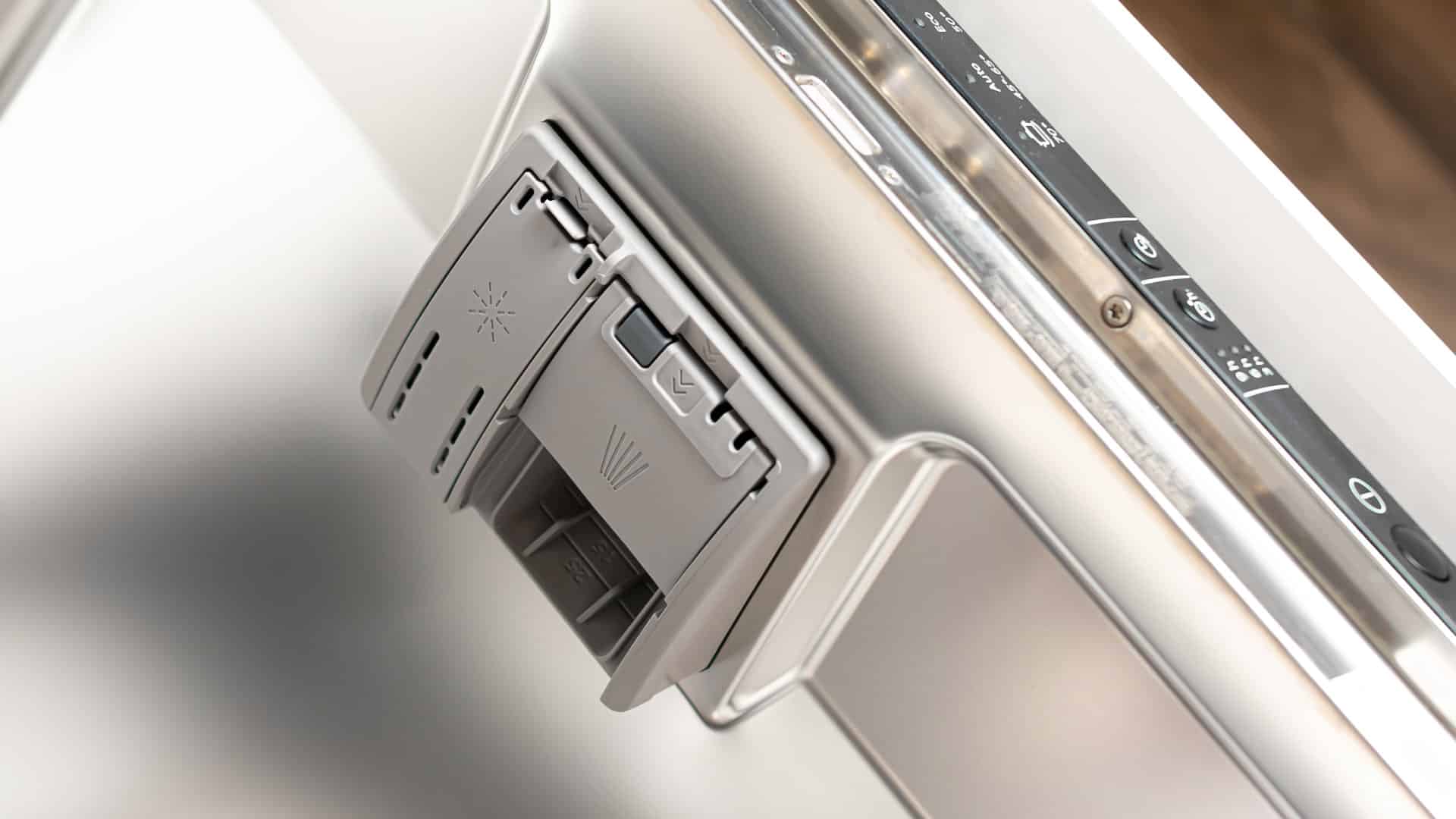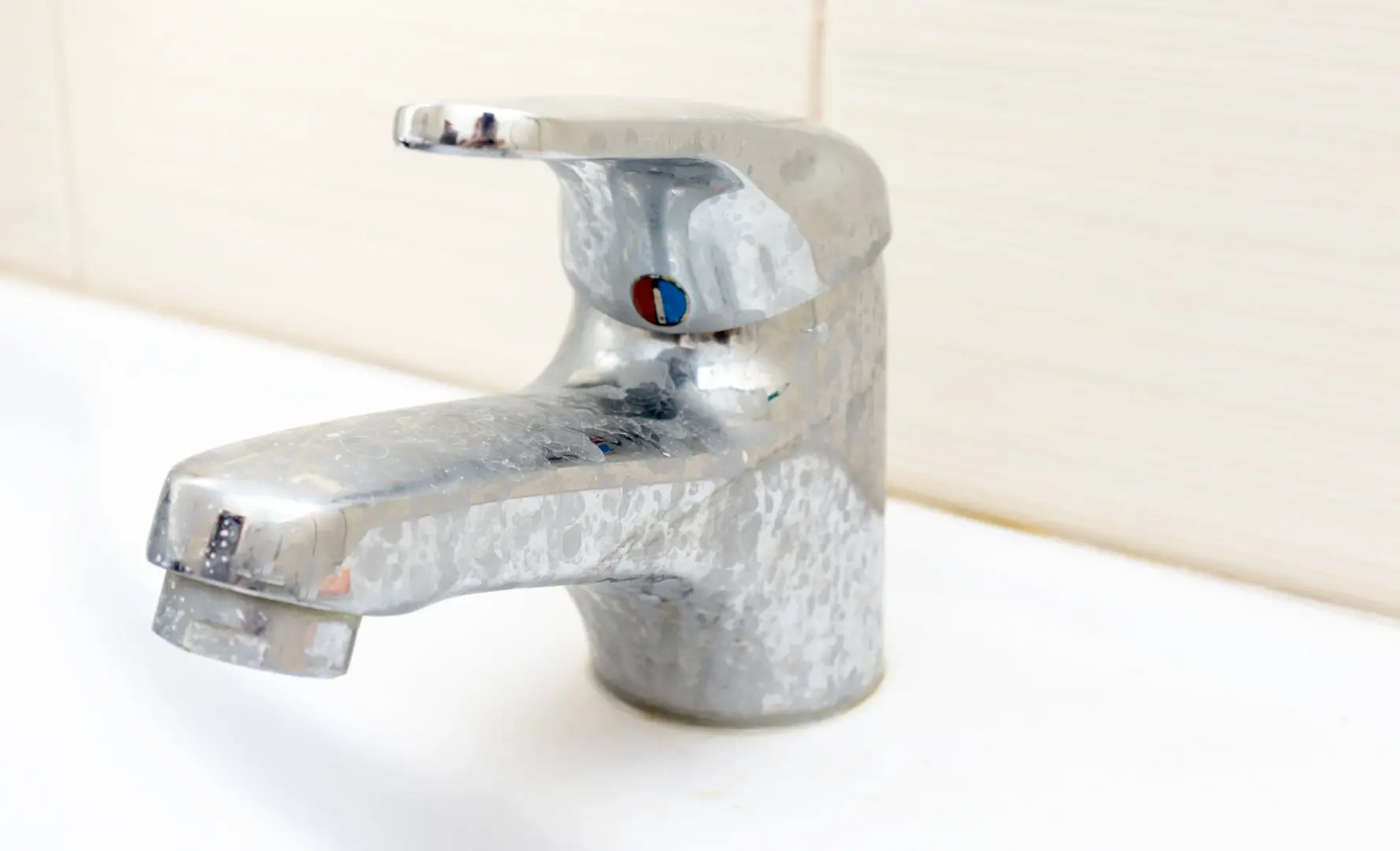
Hard water might not seem like a problem. You might even prefer the taste, but that doesn’t change the fact that hard water is hard on everything. It is hard on your dishwasher and dishes, it is hard on your plumbing, it is even hard on your hair. This means that if you use hard water, it is wearing out your washing machine faster than you think.
What Does Hard Water Do to Washers?
The most noticeable effect of hard water is it is more difficult to wash your clothing. The minerals in hard water affect a detergent’s ability to do its job. As such, you end up needing to use more detergent. Unfortunately, the more detergent you use, the more likely that residue will be left behind.
Detergent residue inhibits mold growth. While this can be cleaned away, using less detergent with soft water can make it so this maintenance task doesn’t exist.
Another issue is the effect the water has on clothes itself. It will cause the color to fade faster and your clothing will actually feel harder to the touch. Even if you use fabric softener, clothing can still feel stiff and even itchy.
However, the biggest issue with hard water is what it does to your machine. Any part of your washer, from the tub to the tubing, anything that comes in contact with hard water is subject to lime build-up and calcification. This means you may see decreased water flow from the intake valve or notice limescale build up in the tub. While the tub may be okay, inner workings like the valve will need to be replaced in likely half the time of a machine using soft water. Furthermore, where there is one hard water problem in your machine, there are likely a dozen other areas that need attention as well.
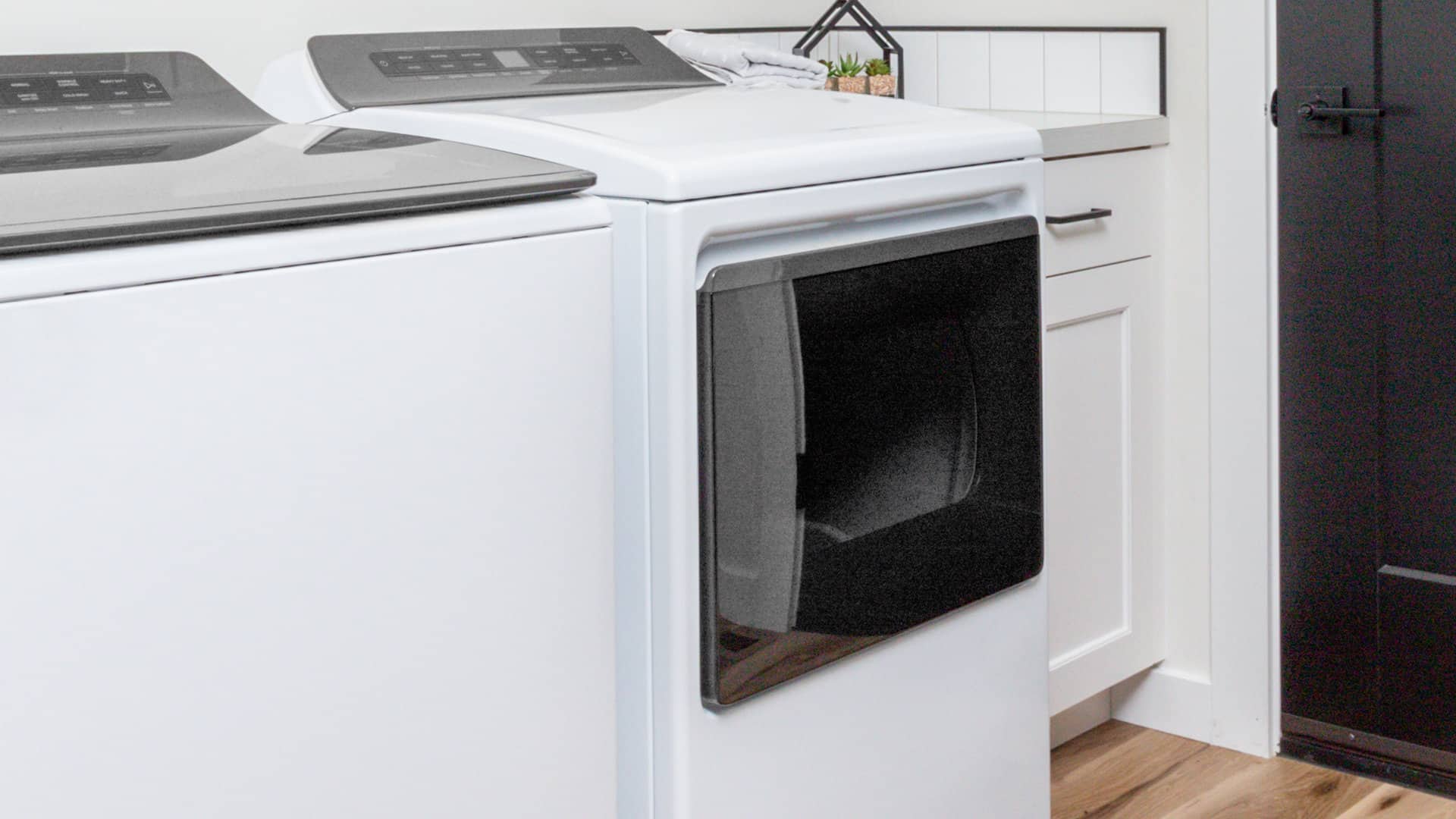
How To Fix a Whirlpool Washer F20 Error Code
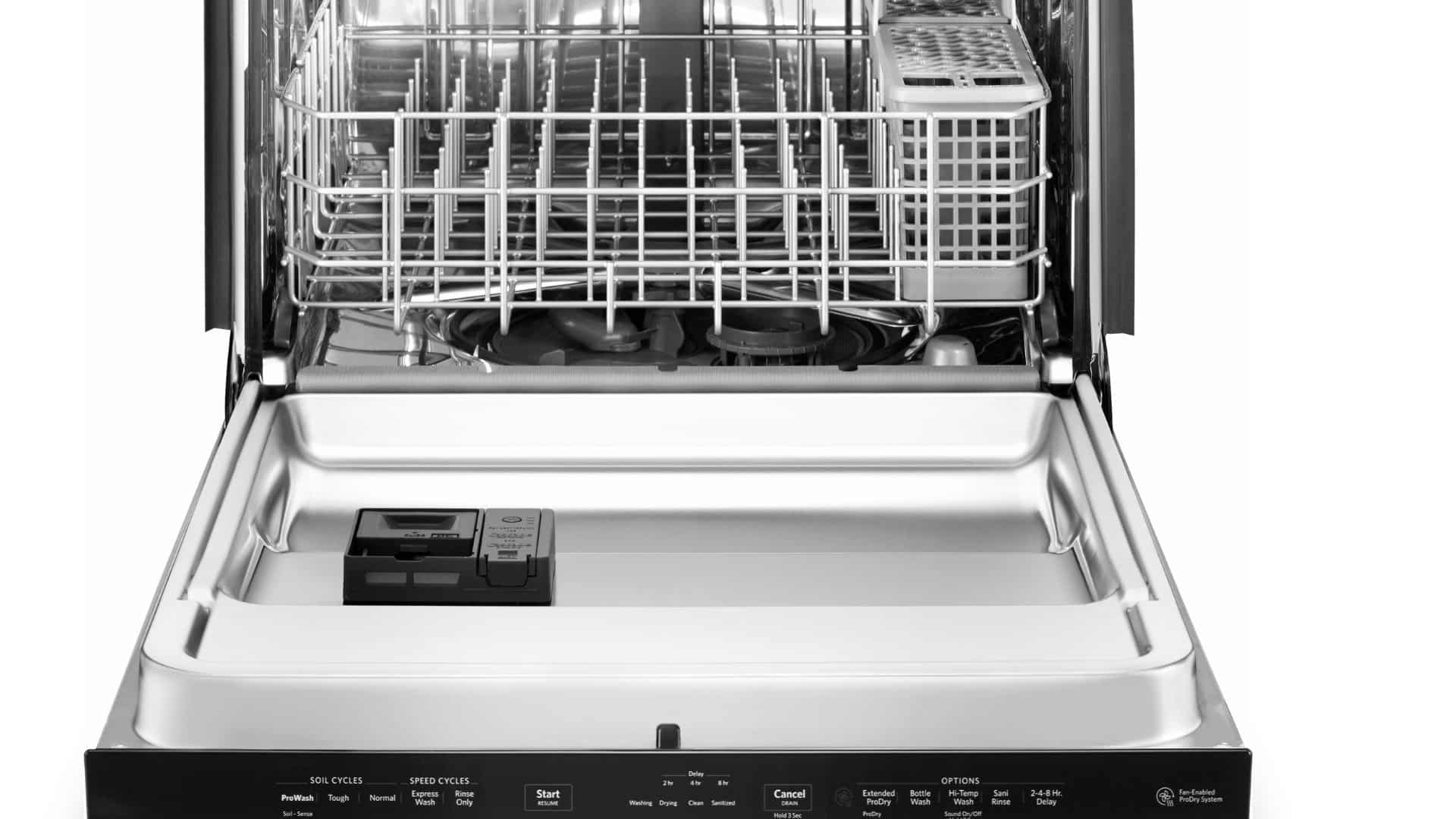
How to Fix a Dishwasher Not Getting Water: The Ultimate Guide
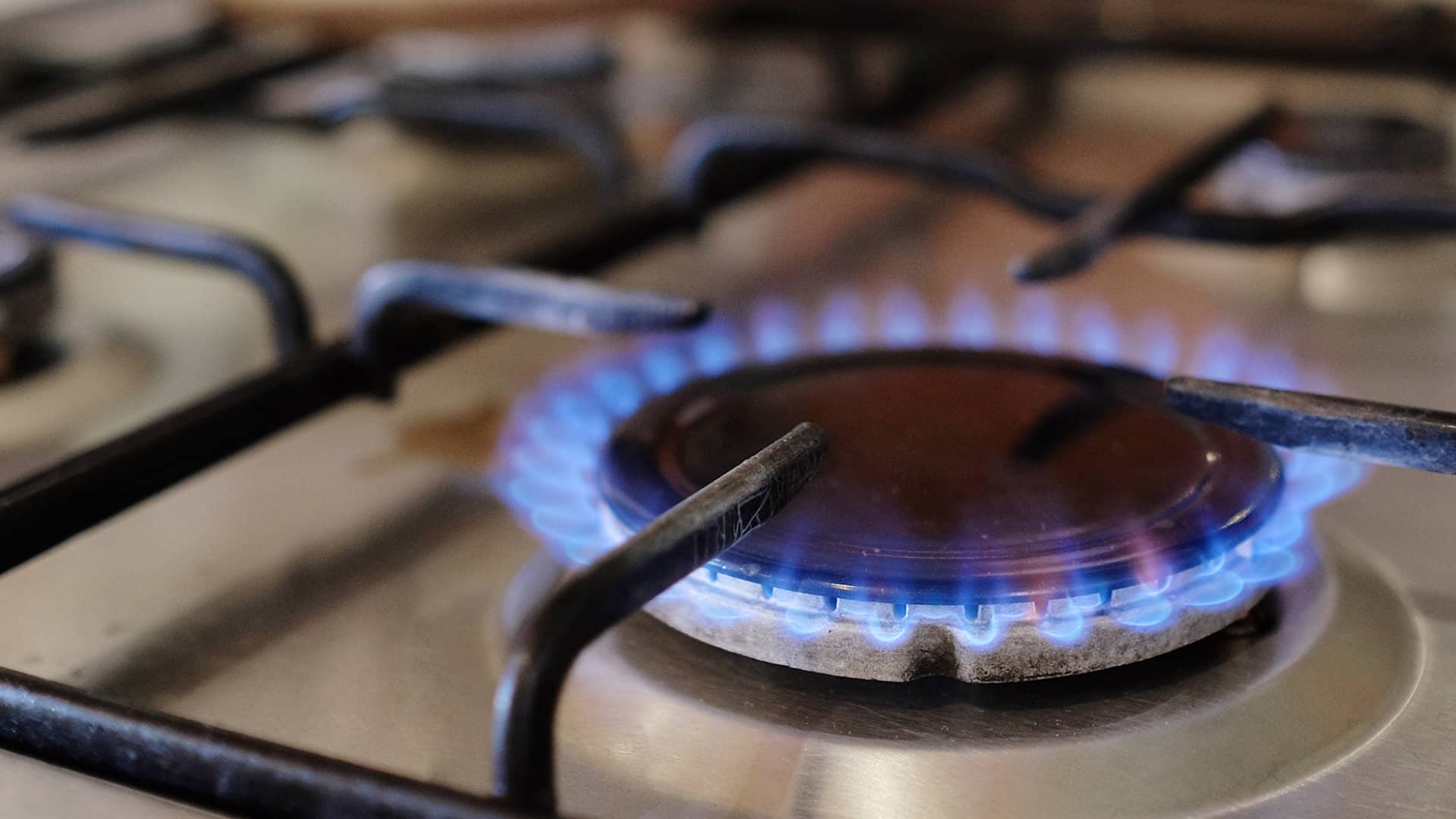
How to Solve the Frigidaire Stove F10 Error Code
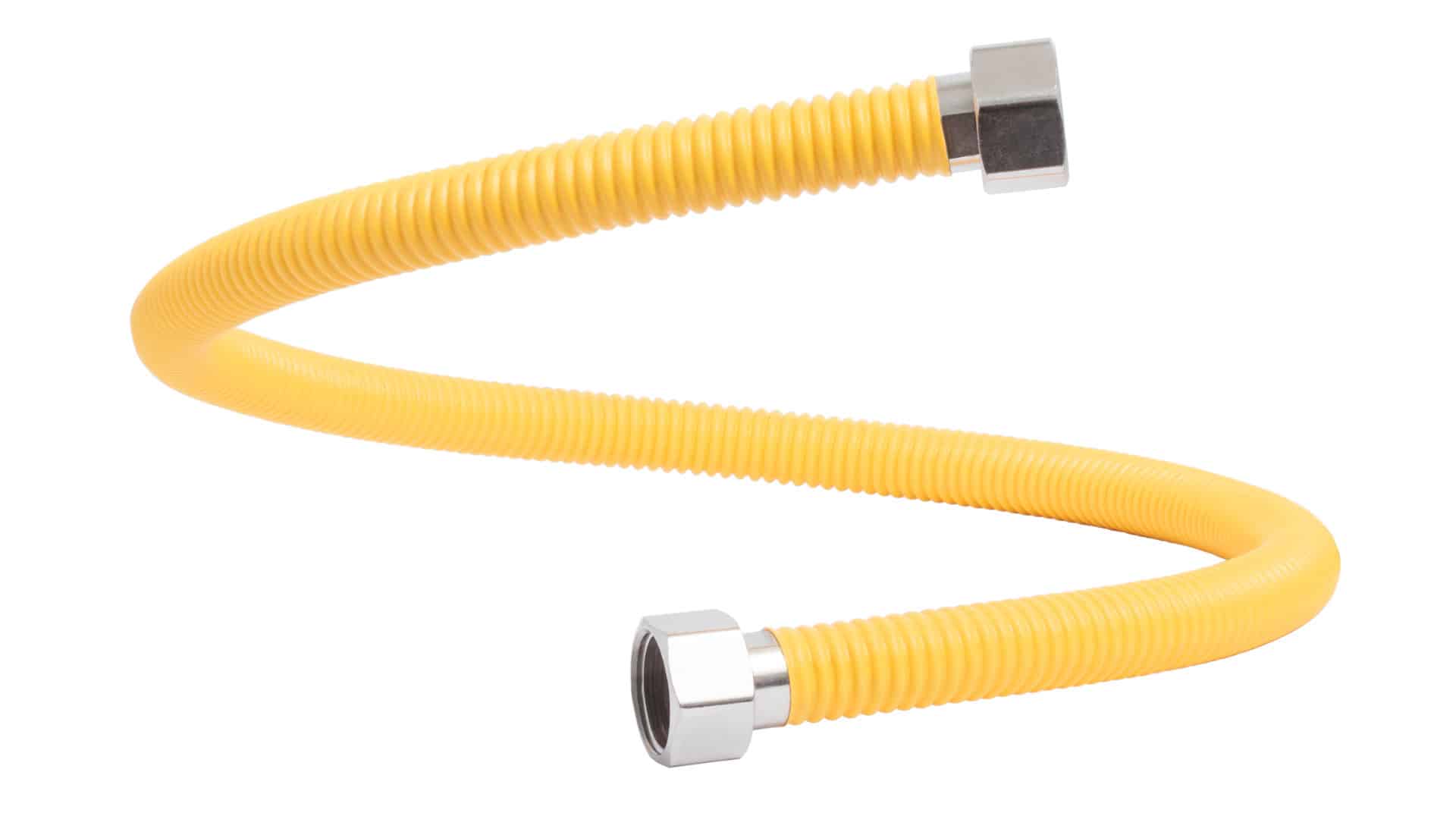
How to Hook up a Gas Dryer
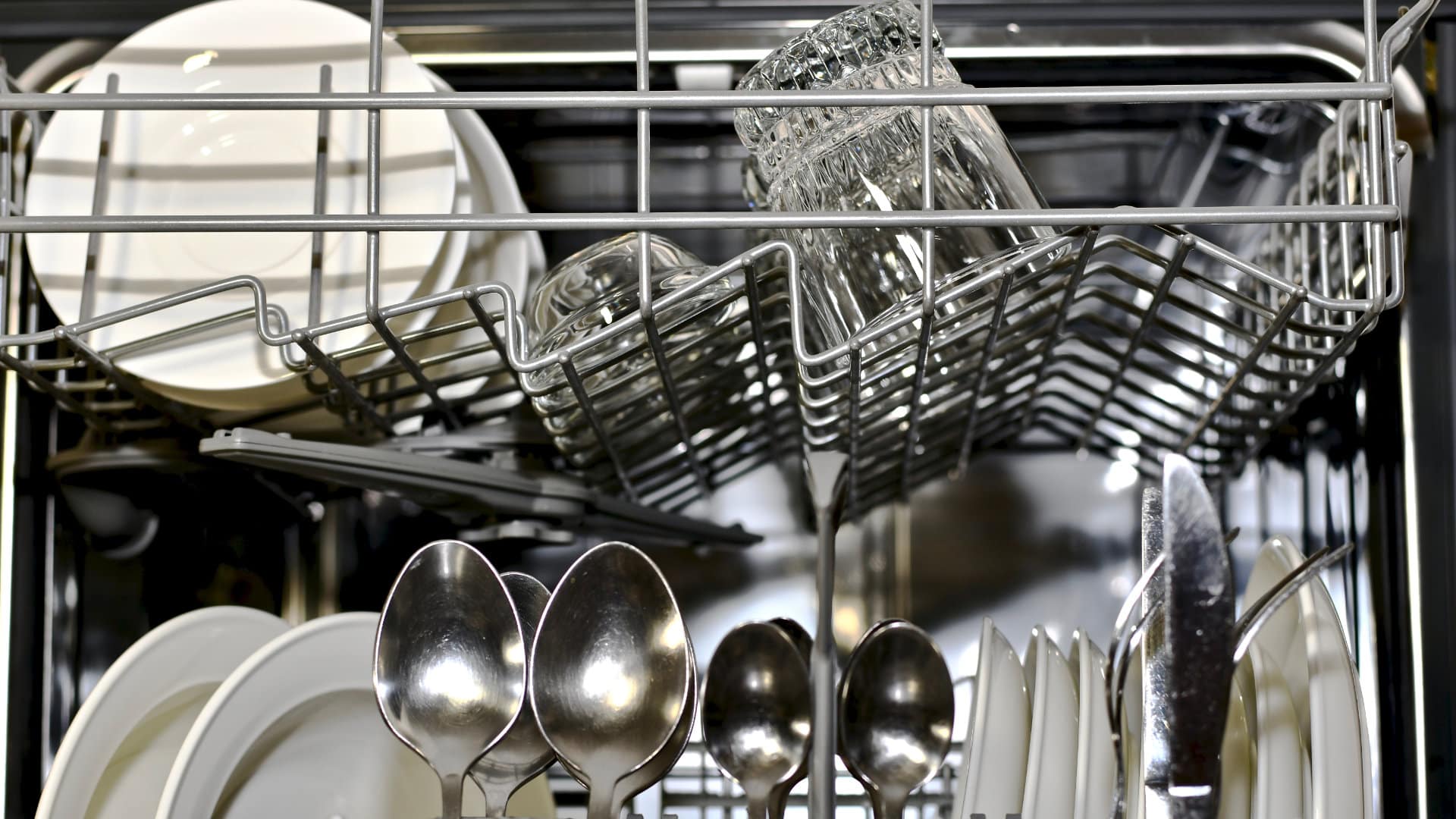
Dishwasher Not Cleaning Top Rack? How to Fix It

Why Your Microwave Is Making Weird Noises
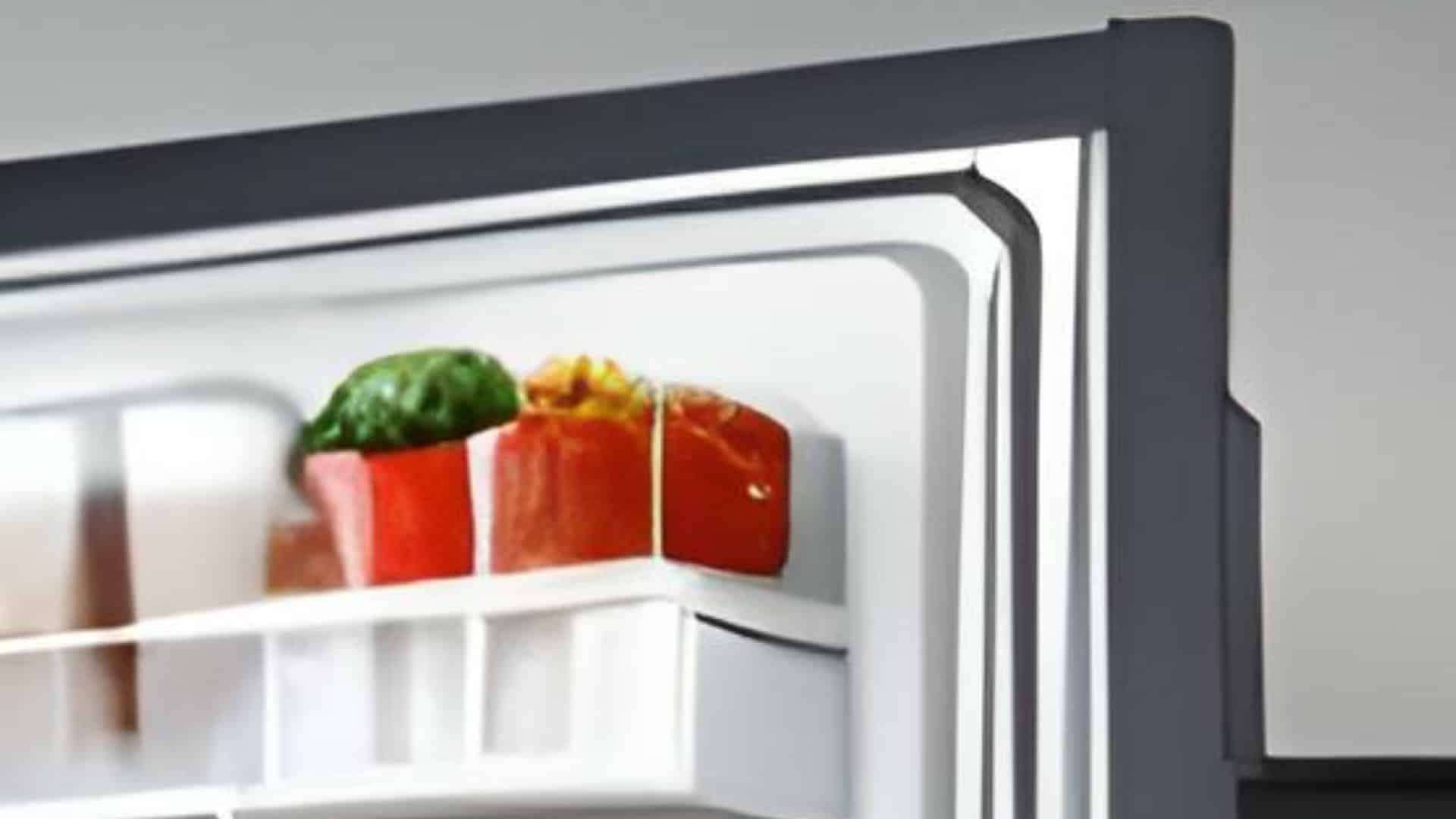
How to Replace a Refrigerator Door Seal
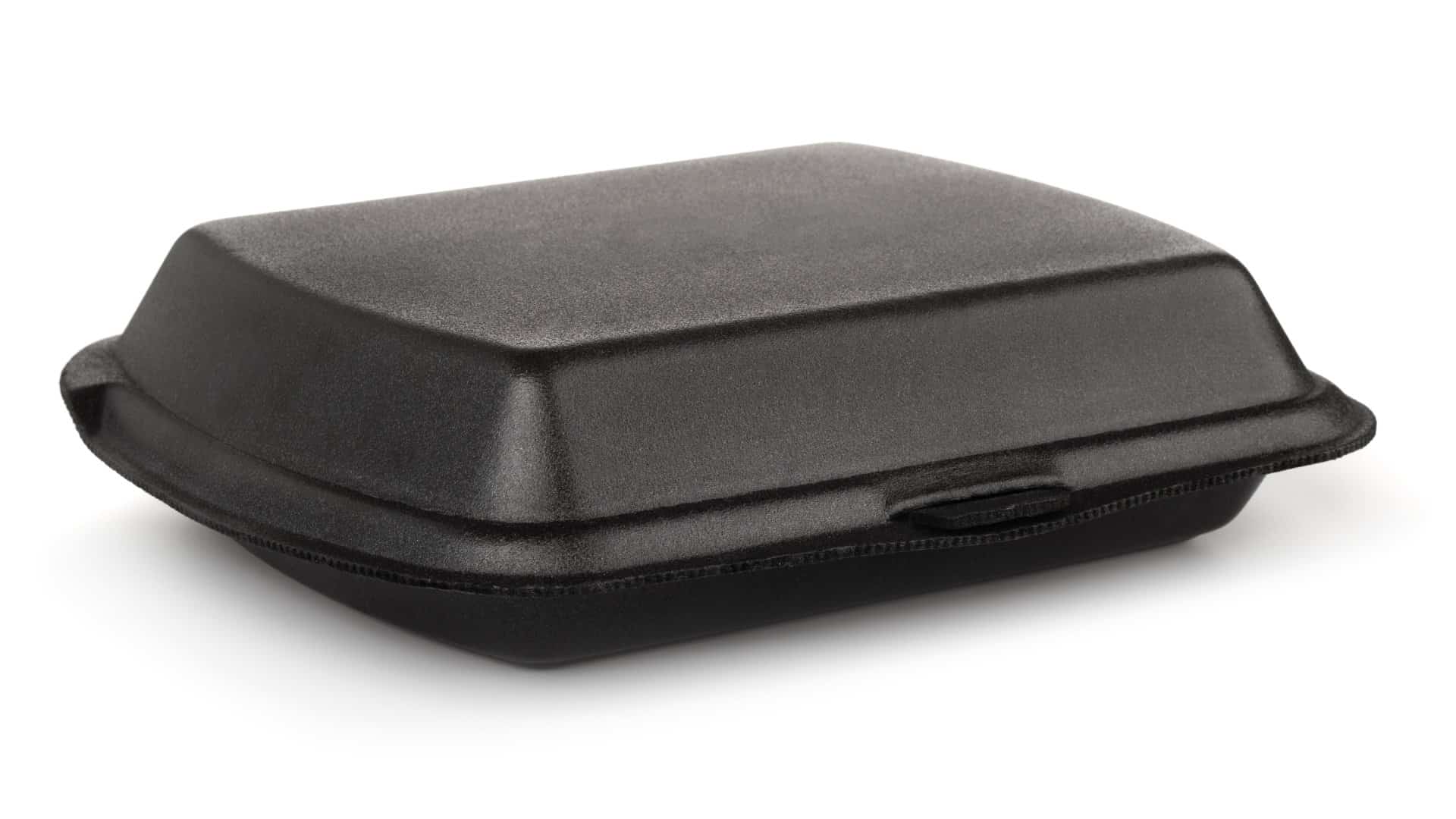
Can You Put Styrofoam in the Microwave?
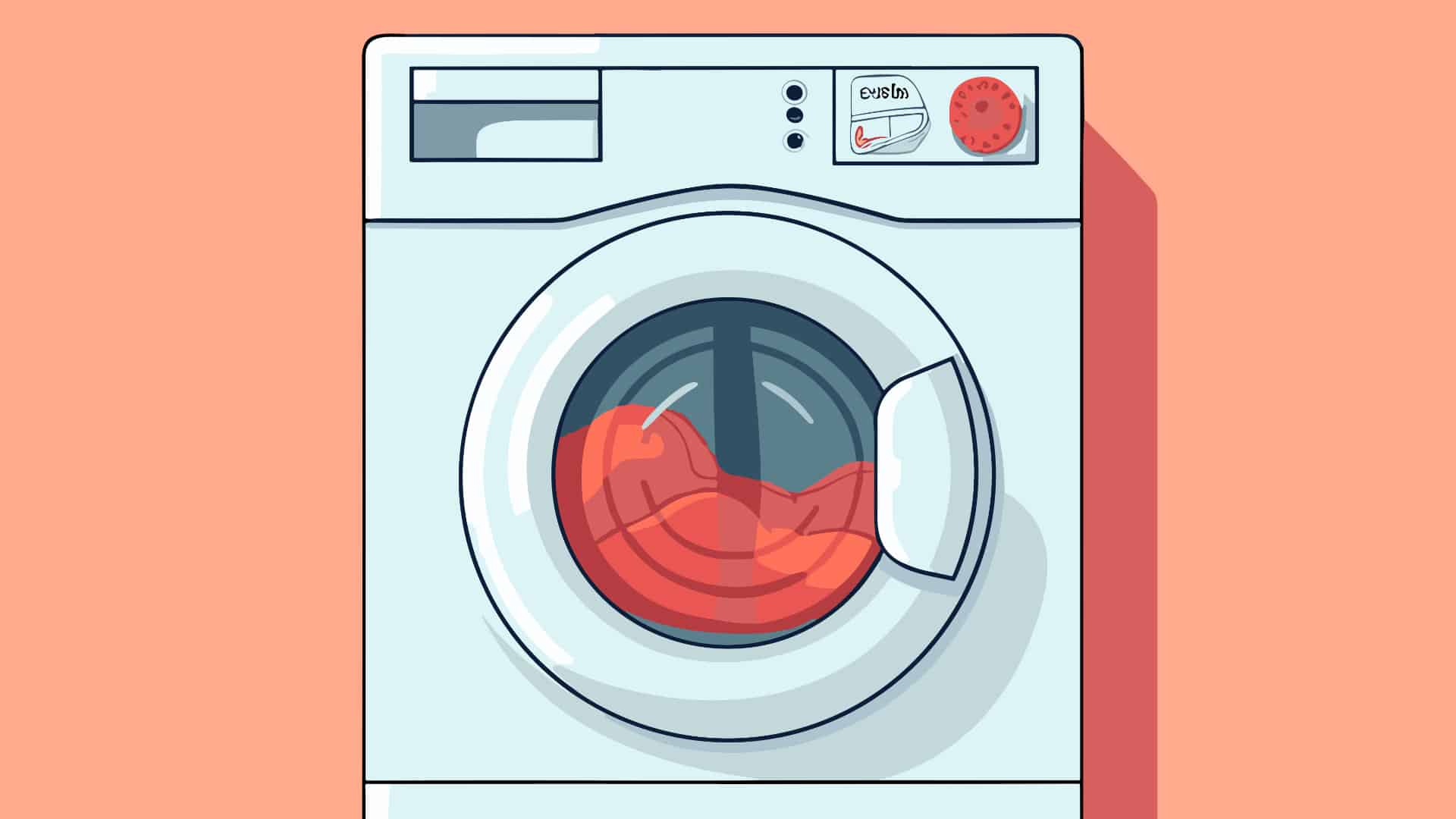
How to Resolve Whirlpool Washer E1/F9 Error Codes
